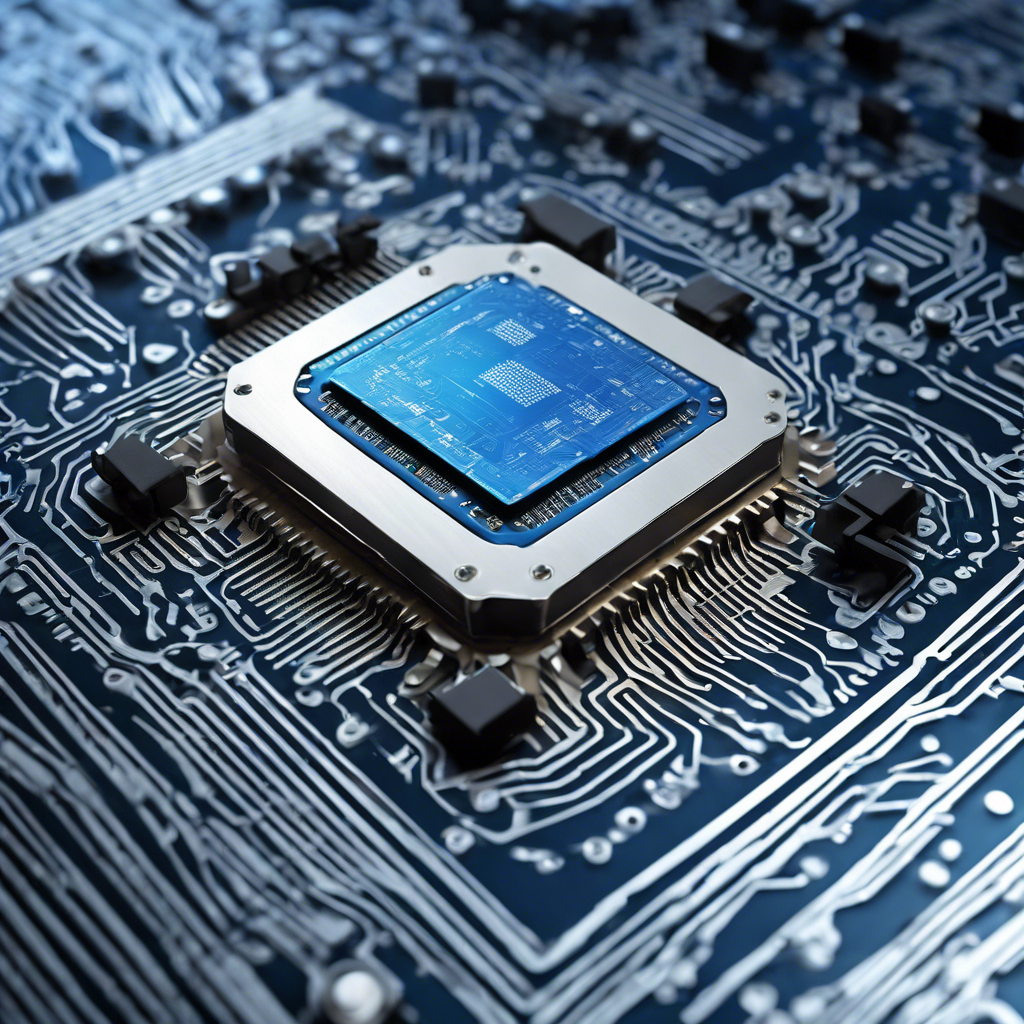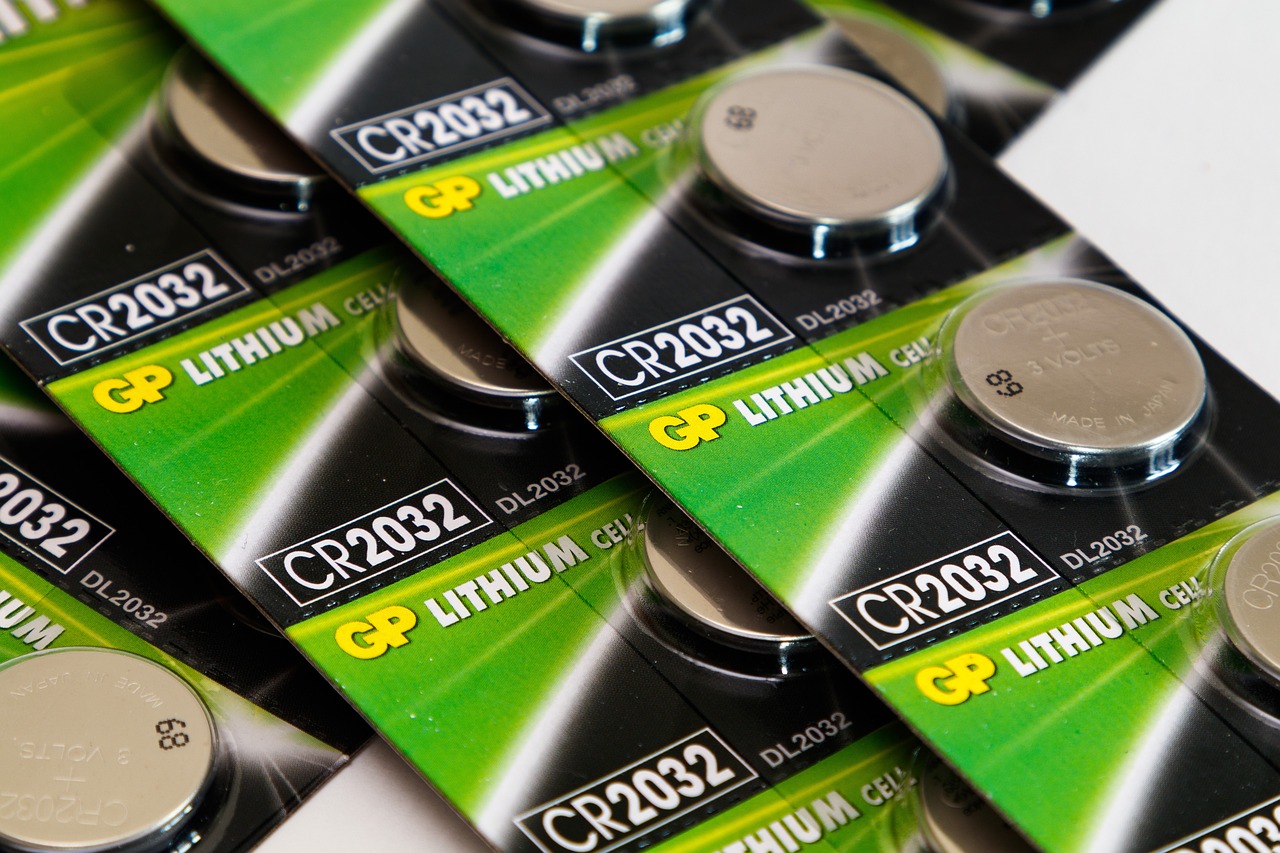Intel Launches Gaudi 3 AI Accelerator: Competitive Pricing and Enhanced Features

Brief news summary
Intel has introduced the Gaudi 3 accelerator, designed for cost-effective AI applications. Although it falls short of matching the Nvidia H100 and H200 GPUs in performance, it boasts two chiplets featuring 64 tensor processor cores (TPCs) and an advanced 256x256 MAC architecture. The design includes eight matrix multiplication engines (MMEs) and a 96MB SRAM cache, offering an impressive bandwidth of 19.2 TB/s. Key features comprise 24 200 GbE interfaces, 14 media engines for vision processing, and 128GB of HBM2E memory, with a throughput of 3.67 TB/s. In comparison to its predecessor, Gaudi 2, which had 24 TPCs and 96GB of memory, the Gaudi 3 exhibits significant enhancements. However, it restricts matrix operations to FP8 and BFloat16, lacking FP32 support. The accelerator achieves notable performance metrics, recording 1856 BF16/FP8 matrix TFLOPS and 28.7 BF16 vector TFLOPS at approximately 600W TDP, yet it still trails behind Nvidia’s offerings. Priced at $125,000 for an eight-unit bundle, Gaudi 3 is more affordable than Nvidia’s H100 at $30,678. However, Intel must overcome considerable challenges in competing with Nvidia's market dominance and ensuring robust software support for its users.Intel has officially launched its Gaudi 3 accelerator targeted at AI workloads today. While the new processors are slower than Nvidia's widely used H100 and H200 GPUs for AI and HPC applications, Intel is focusing on Gaudi 3's competitive pricing and lower total cost of ownership (TCO) to drive its success. The Gaudi 3 processor features two chiplets, which house 64 tensor processor cores (TPCs—utilizing a 256x256 MAC structure with FP32 accumulators), eight matrix multiplication engines (MMEs—256-bit wide vector processors), and a 96MB on-die SRAM cache with an impressive 19. 2 TB/s bandwidth. Additionally, Gaudi 3 comes equipped with 24 200 GbE networking interfaces and 14 media engines capable of processing H. 265, H. 264, JPEG, and VP9, thus supporting vision-related tasks. The unit is paired with 128GB of HBM2E memory across eight memory stacks, delivering a substantial bandwidth of 3. 67 TB/s. Compared to its predecessor, Gaudi 2, which includes 24 TPCs, two MMEs, and 96GB of HBM2E memory, the Gaudi 3 signifies a notable upgrade. However, it appears that Intel has simplified the architecture, as the Gaudi 3 processor now only supports FP8 matrix operations and BFloat16 matrix and vector operations, eliminating support for FP32, TF32, and FP16. In terms of performance, Intel claims the Gaudi 3 can achieve up to 1856 BF16/FP8 matrix TFLOPS and 28. 7 BF16 vector TFLOPS, all while operating at around 600W TDP. On paper, when compared to Nvidia's H100, Gaudi 3 shows slightly lower BF16 matrix performance (1, 856 vs. 1, 979 TFLOPS), half the FP8 matrix performance (1, 856 vs.
3, 958 TFLOPS), and significantly reduced BF16 vector performance (28. 7 vs. 1, 979 TFLOPS). However, beyond the technical specifications, the actual real-world performance of Gaudi 3 will be crucial. It must contend with AMD's Instinct MI300 series and Nvidia's H100 and B100/B200 processors. This competition rests heavily on software performance and other variables, which are yet to be fully assessed. Currently, Intel has shared slides suggesting that Gaudi 3 may provide a substantial price-to-performance advantage compared to Nvidia's H100. Earlier this year, Intel announced that a complete accelerator kit featuring eight Gaudi 3 processors on a single baseboard would be priced at $125, 000, making the cost per processor approximately $15, 625. In comparison, an Nvidia H100 card is being sold for around $30, 678, illustrating Intel's plan for a significant pricing edge over its competitor. Nevertheless, with Nvidia's Blackwell-based B100/B200 GPUs potentially offering considerable performance benefits, it remains uncertain whether Intel can sustain its competitive advantage.
Watch video about
Intel Launches Gaudi 3 AI Accelerator: Competitive Pricing and Enhanced Features
Try our premium solution and start getting clients — at no cost to you

I'm your Content Creator.
Let’s make a post or video and publish it on any social media — ready?
Hot news

Caterpillar sales jump on AI-driven power demand …
Caterpillar sales surge on AI-driven power demand as quarterly results exceed estimates Jan

AI Video Compression Techniques Reduce Streaming …
In today’s rapidly changing digital environment, the demand for high-quality live streaming experiences has grown significantly across multiple fields, including entertainment, education, sports, and corporate communications.

AthenaHQ Report Highlights Structural Shifts in S…
A recent industry analysis reveals significant shifts in search visibility and content performance due to the rise of AI-generated search results across major search engines.

The AI Marketing Action Brief: Agentic Web on the…
The Evolution of the Web: Implications of the Agentic Web and AI Agents on Marketing The internet is rapidly evolving with the emergence of the Agentic Web, a transformative phase characterized by the integration of autonomous artificial intelligence (AI) agents that perform tasks, offer services, and create personalized user experiences

AI-Powered Video Editing Tools Revolutionize Cont…
The landscape of video content creation is experiencing a profound transformation with the rise of AI-powered editing tools.

AI Company Announces Acquisition of Robotics Star…
AI Company has strategically acquired a promising robotics startup specializing in industrial automation, aiming to enhance its technological capabilities and expand market reach.

CLNB 2025: Technology Innovation Will Reshape Lit…
At the Lithium Battery Recycling Forum during the 10th CLNB New Energy Industry Chain Expo 2025, hosted by SMM Information & Technology Co., Ltd.
AI Company
Launch your AI-powered team to automate Marketing, Sales & Growth

and get clients on autopilot — from social media and search engines. No ads needed
Begin getting your first leads today








